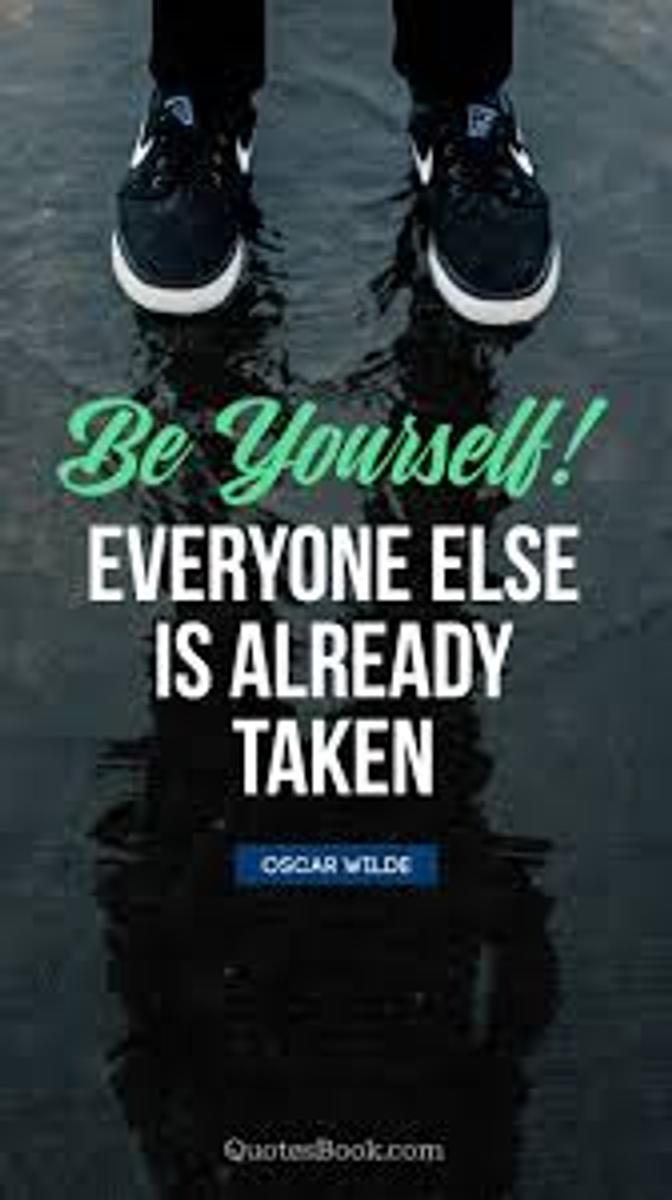Respectful Relationships & Wellbeing News
Simon Brown - Wellbeing Leader

Respectful Relationships & Wellbeing News
Simon Brown - Wellbeing Leader
We thank our community members who came along to our Respectful Relationships and Well-being afternoon last Monday. It was amazing to see the lessons our teachers prepared for these sessions. We are really proud of the programs we run and seeing the impact across our school, and hopefully well beyond their years at Sacred Heart.




















We had a wonderful experience on the Canberra Camp with our Grade 6 students. It's always heart-warming to see students supporting and encouraging each other, especially when they are outside of their comfort zones and facing challenges.
It's great that I was able to witness firsthand the strong relationships that exist between the students and staff at Sacred Heart. Building positive relationships is essential for creating a safe and supportive learning environment, and I'm so proud we are doing a fantastic job in this area.
It's important to acknowledge and celebrate successes, both big and small, and this camp was a definite success for everyone involved.
On camp we had a focus on the way we speak to each other and support one another. This is a great video we have shared with students using Max Gawn, the captain of Melbourne, and the way his team mates aim to speak to each other.
Life is easier when we build people up instead of tearing them down.
Teaching students to do hard things can have numerous benefits. It can help them build resilience, perseverance, and self-confidence, which are essential skills for success in life. It can also teach them to overcome challenges and setbacks, develop problem-solving skills, and foster a growth mindset.
While it's understandable that students may feel apprehensive about leaving their families for an extended period of time, going on camp can provide them with a unique opportunity to learn and grow in a supportive and safe environment. By stepping out of their comfort zones and facing new challenges, students can develop new skills and experiences that they may not have had otherwise.
As educators, we can play a crucial role in helping our students to embrace challenges and overcome obstacles. We can create a culture of growth by encouraging them to take risks and try new things, providing them with the necessary support and guidance to help them succeed.
So, while it may be tempting to avoid doing things that are difficult or challenging, teaching our students to do hard things can actually be one of the most rewarding things we can do for them. It can help them develop the skills and mindset needed to thrive in today's complex and ever-changing world.
When we take on difficult tasks, we inevitably face obstacles and setbacks. However, overcoming these obstacles can help us build resilience. Resilience is the ability to bounce back from difficult situations and to keep going despite setbacks. Doing hard things helps us develop this skill, making us better equipped to handle future challenges.
Difficult tasks often require creative problem-solving. When we are faced with a challenge, we are forced to think outside the box and come up with innovative solutions. This helps us develop our problem-solving skills, which can be applied to other areas of our lives.
When we successfully complete a difficult task, we feel a sense of accomplishment and pride. This can boost our confidence and self-esteem, making us more likely to take on other challenges in the future.
Difficult tasks often require us to learn new skills or knowledge. This can be challenging, but it can also be incredibly rewarding. By learning something new, we are expanding our minds and enhancing our understanding of the world around us.
We look forward to keep on giving the students more tools in Term 2 as we work our way through the Respectful Relationships program and continue to embed the Berry Street
model across the school.


Stay well,
Simon Brown
Head of Wellbeing